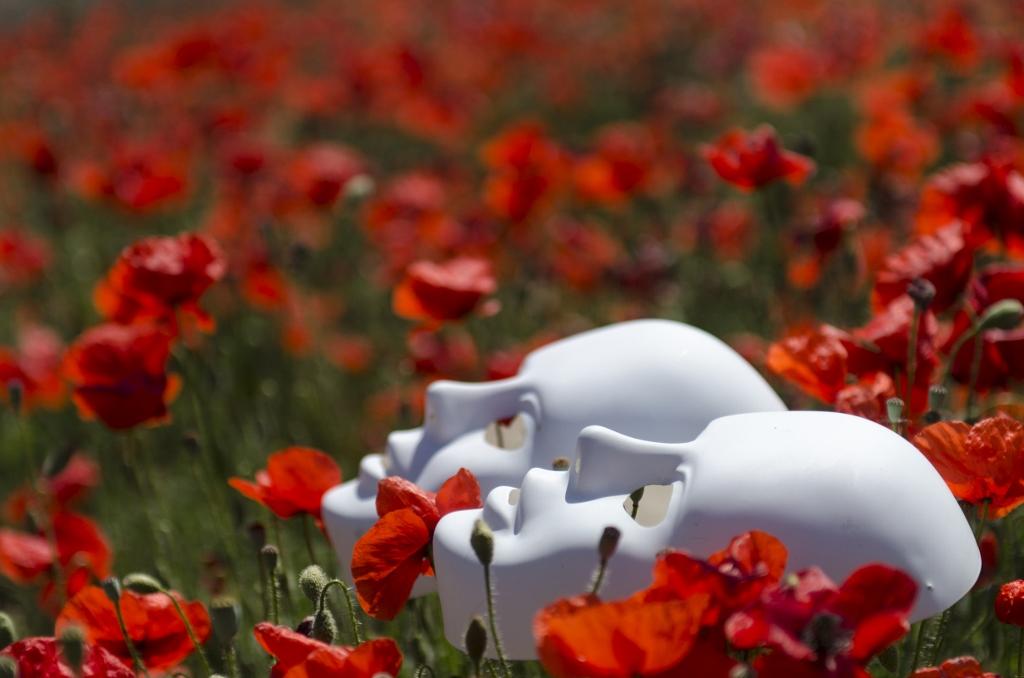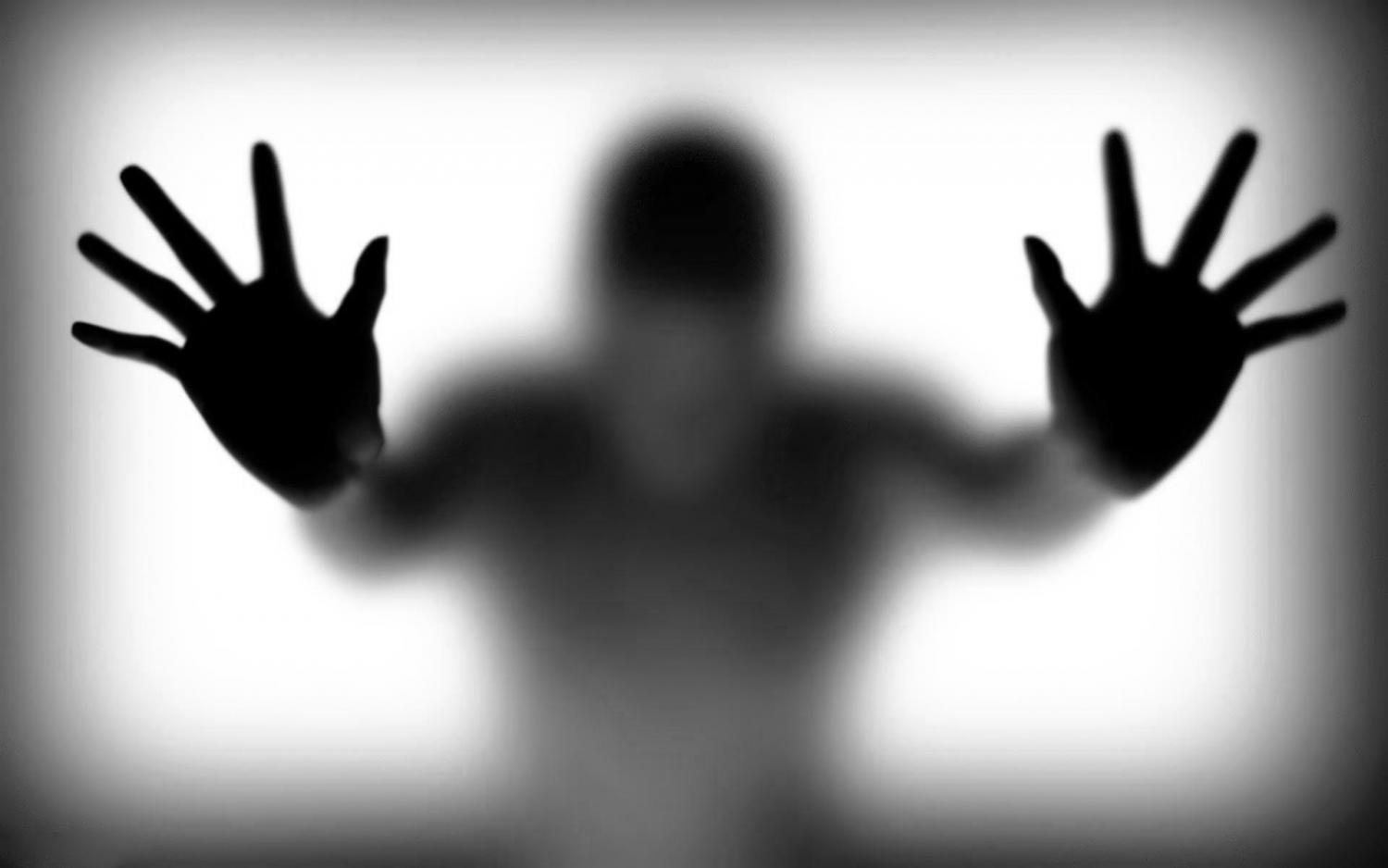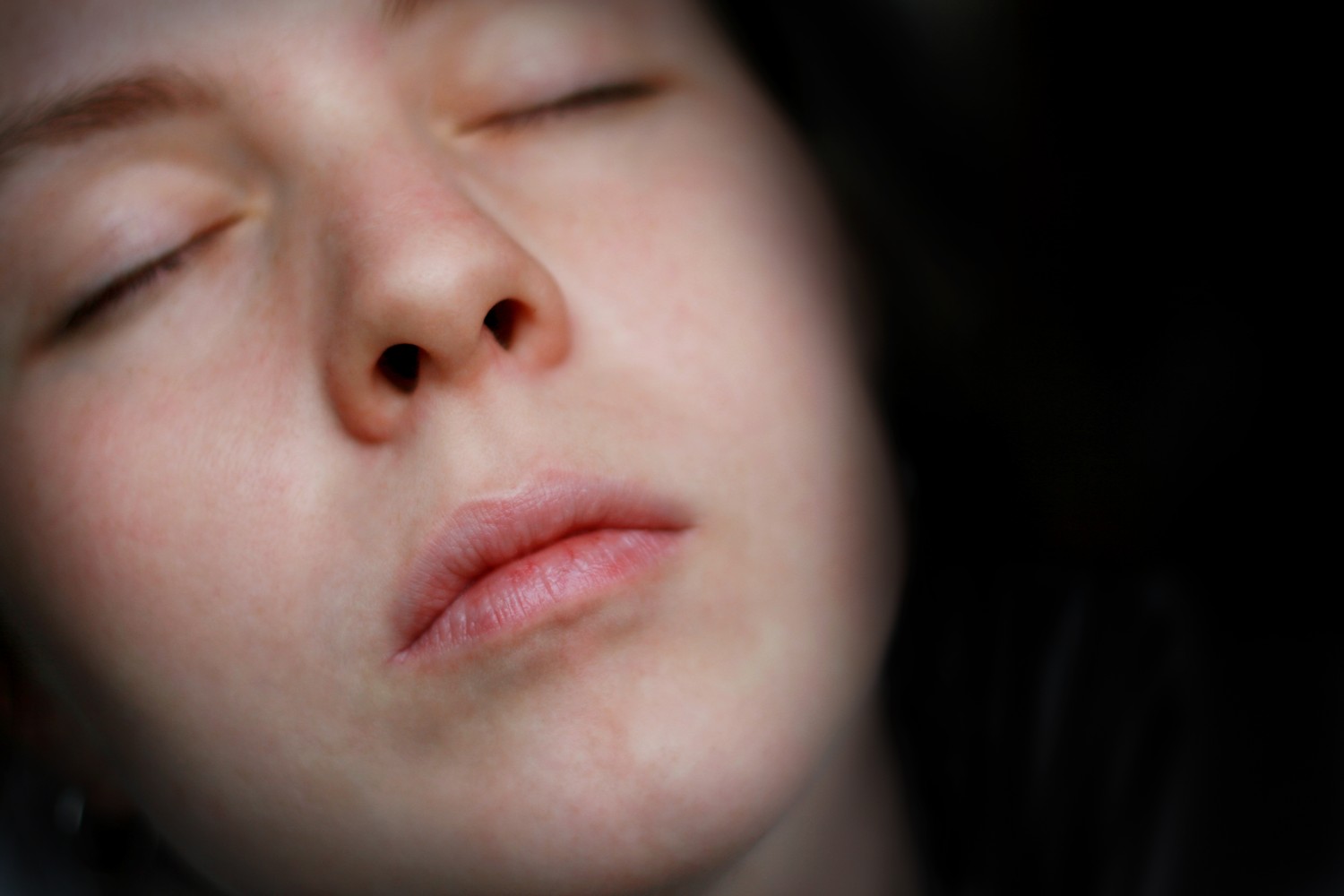
The Other Side of Reason – The Mask
Involved in a bus accident that took the lives of six people, David Gibson has been battling through PTSD
for over three years. In an effort to better understand himself and to communicate with others, he turned to writing.
His first book was The Other Side of Reason: A Journal on PTSD, available now via petrabooks.ca.
This column continues that text.
[The mask]
Away from the world, my tears are unseen.
I smile for the world, yet inside there is blackness like
I’m sitting in a room with no lights on.
My words become frozen upon my lips.
I am becoming terrified of my own mind,
So I am quiet most of the time.
The mask that I wear is a stop gap – a way to distance how I am feeling with the world.
This mask is like putting on a front to hide from what the truth really is.
Sometimes I forget who I am beneath this mask.
It can’t be me – can it?
Warren Buffett once said, “You don’t know who is swimming naked until the tide goes out.”
We all wear masks from time to time: in our words, our habits, and our behaviours. We have an arsenal of crutches and shortcuts that slowly but surely hide who we are. They are things that prop us up and help us hide. We hide from our feelings and our desires.
We hide from who we might become. Who we once were.
We cover a lot of things up as well. Scars we carry, stories we hold, things we're afraid of doing.
Our selves, deep inside.
Yet underlying traumatic feelings don’t just disappear when you hide them as a form of self-medication or self-preservation. The transitions we go through can be complicated and messy.
Life is like that – I think we get that and instinctively know that even fairy-tale lives someday find a reality television show we can star in.
This is where perspective is valuable in life, no matter whether you’re hit in the face with a traumatic experience, giving up roles that have defined you in the past, or making a slow adjustment to changes in your identity.
Even though it's scary, I believe, everyone longs to be seen, to be heard and to be known. To have your hopes and fears acknowledged – the ones you hold onto behind a polite smile or a grimace of frustration. To have your true self seen, as well as your positive intentions and authentic identity unmasked. Most intimately of all, to feel that your innermost being – the one to whom things happen, the one strapped to this rollercoaster of a life trying to make sense of it before it ends – has been recognized by someone.
From my experience, this acknowledgement of self goes both ways: others long to be seen by you. Besides the ways that seeing the person behind the eyes benefits others, it's good for you, too. Being seen is often the real stake on the table, the top priority, more important to other people than whether you agree with them or not about something.
Well we all have a face that we hide away forever;
And we take it out and show ourselves when everyone has gone.
-“The Stranger,” Billy Joel
I’m intrigued by this concept of the ‘self’, the person that we are underneath the persona that we show to the rest of the world. I wonder if being able to identify that self, and to, indeed, know it, might not be the key to the inner peace that seems to elude so many of us who have survived trauma.
Most of us, I believe, somewhere along the way, lose our innocence and engage in the wearing of masks, so as to hide the stranger that Billy Joel sings about: the stranger who is our self. In creating that persona, do we make unconscious decisions that we hope will enhance or hide our lives in some form or another?
It's not these types of questions that can be so easily answered.
From my perspective, it's the questions that have yet to be discovered that challenges our self and by default the very essence of how we define ourselves to others.
If only we could take a step back from our fears and see that in the eyes of everyone around us are the same struggles wearing different masks.
Until next time.
David










